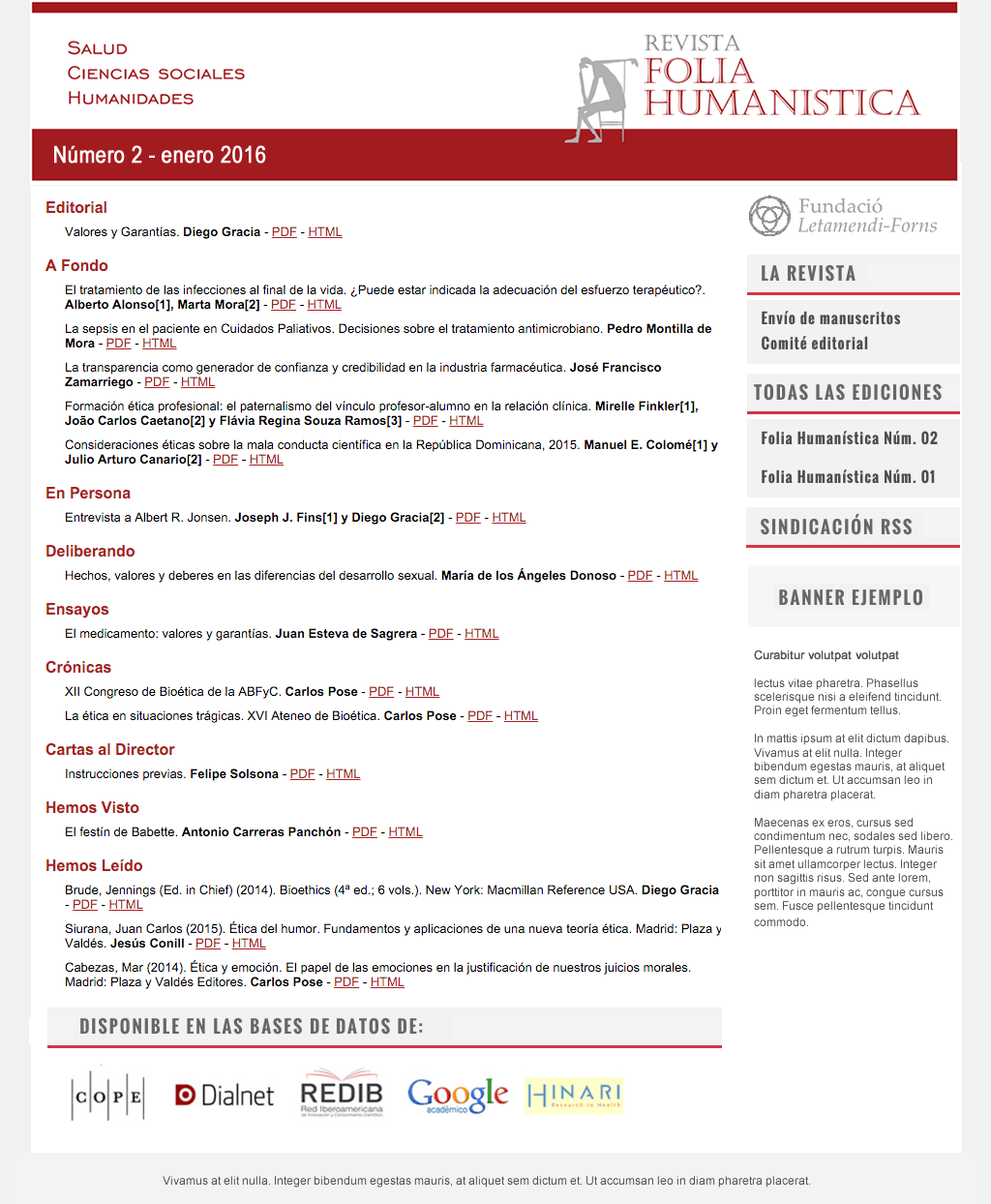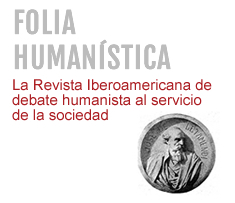Más allá de los Comités: hacia una cultura bioética
DOI:
https://doi.org/10.30860/0064Keywords:
Bioética, Cultura, Comités éticaAbstract
Here we expose a critical vision of the work of clinical bioethics in order to improve its development. We start from the basis that what fails is not the CEA’s, nor the professionals dedicated to bioethics, but the absence of culture. And this absence can make failure may initiatives (centered-patient model, shared decisions model, etc.) due to lack of roots in a bioethical culture.
Although much has been done in and for the training in bioethics among professionals, it resents the implementation of the changes it recommends. In bioethics we have not managed to dialogue beyond the committees, we have not substantially impacted on the organization, nor on citizenship. There is a great risk that bioethics will become a kind of fungus in the middle of an indifferent context and even wasteland. We propose to broaden the look of clinical bioethics to the forging of a culture, this is unavoidable for its healthy development. Bioethics also needs power, authority and leadership. The courage to carry out bioethical changes, or to assume that it cannot be done without other support, are virtues that are not only required of professionals, but also of organizations, managers and politicians.
Specifically, we will address three difficulties that this cultural lack generates:
1) The complexity of multi and interdisciplinary dialogue (professional level). 2) The flexibility necessary to meet the precise context of a certain type of organizations and institutions (organizational level). 3) The derivative of citizen participation (civic level).
References
Engel, G. (1977): The Need for a New Medical Model: a Challenge for Biomedicine. Science. 196:129-36.
Falcó Pegueroles, Anna M (2012): Análisis de la conflictividad ética en los profesionales de enfermería en las unidades de cuidados paliativos. Tesis doctoral Universidad de Barcelona. https://www.tdx.cat/bitstream/handle/10803/84082/AMFP_TESIS.pdf.
Honneth, A (1997): La lucha por el reconocimiento, Barcelona, Crítica.
Kant, I (2000): ¿Qué es Ilustración? en Filosofía de la Historia, Madrid, Fondo de Cultura Económica.
MacIntyre, A (1987): Tras la virtud. Barcelona, Crítica.
Ortega y Gasset, J (2014): Meditaciones del Quijote y otros ensayos, Madrid, Alianza.
Pellegrino, E & Thomasma, D (1993): The Virtues in Medical Practice, Oxford University Press,
Ramos, S y Morlans, M (2011): Legos en el comité de ética: una reflexión desde la ética dialógica. Perspectivas bioéticas, Revista de Bioética y Derecho. Universitat de Barcelona. http://revistes.ub.edu/index.php/RBD/article/view/7740
Red de Comités de ética de Cataluña:
http://politiquesdigitals.gencat.cat/ca/pgov_ambits_d_actuacio/administracio-publica/eticapublica/xarxacomites/
Wilson, E.O (2011):
https://www.lavanguardia.com/magazine/20110729/54192495692/edward-wilson-el-ser-humano-del-futuro-sera-sorprendente.html
Downloads
Published
How to Cite
Issue
Section
License
La Revista Folia Humanística se adhiere a Creative Common en la modalidad: Reconocimiento – NoComercial – CompartirIgual (by-nc-sa): No se permite un uso comercial de la obra original ni de las posibles obras derivadas, la distribución de las cuales se debe hacer con una licencia igual a la que regula la obra original.








